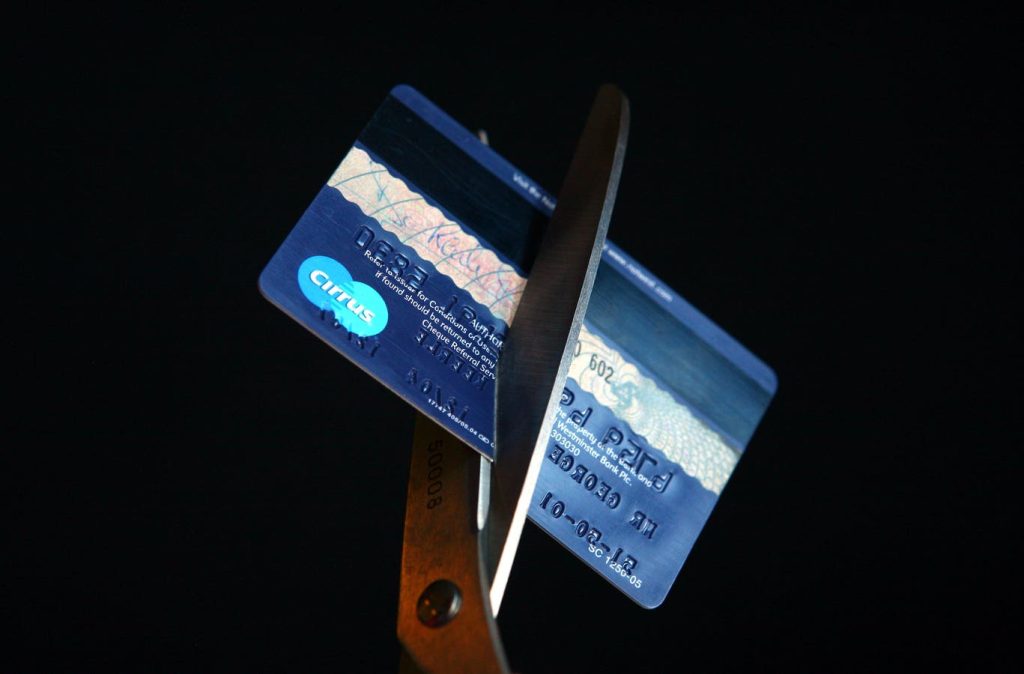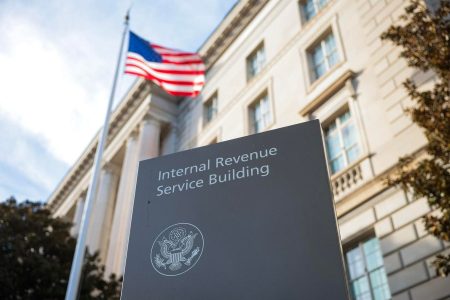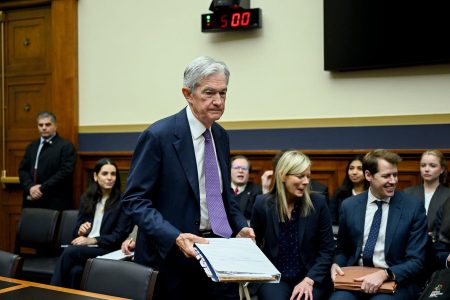The landscape of consumer finance is undergoing a significant transformation, marked by conflicting trends in interest rates, evolving payment preferences, and heightened concerns about fraud. While the Federal Reserve has been incrementally lowering interest rates to stimulate economic activity, many retailers continue to levy exorbitant annual percentage rates (APRs) on their store-branded credit cards. This disparity highlights the lack of a federal cap on interest rates and the exploitation of more permissive state usury laws by credit card issuers. The Consumer Financial Protection Bureau (CFPB) has raised alarm bells about this practice, reporting that a substantial portion of retail cards carry APRs exceeding 35%, significantly impacting consumers who rely on these credit lines for purchases. The CFPB has launched new tools to promote transparency and empower consumers to compare credit card options effectively, but the persistence of high APRs underscores the need for greater regulatory oversight and consumer awareness.
The Federal Reserve’s recent quarter-point interest rate cut, while signaling a cautious approach to future reductions, has not translated into commensurate relief for consumers holding retail credit cards. This disconnect raises questions about the effectiveness of monetary policy in influencing consumer credit markets and the potential for predatory lending practices. The CFPB’s focus on deceptive rewards programs, high fees, and unclear terms further complicates the credit card landscape, adding to the challenges consumers face in navigating this complex financial terrain. The agency’s efforts to enhance transparency and provide consumers with comprehensive data are crucial steps toward fostering a fairer and more competitive credit card market.
Despite the high APRs associated with retail credit cards, a significant portion of shoppers still prefer them over Buy Now, Pay Later (BNPL) plans. This preference, particularly among older generations, suggests a degree of comfort and familiarity with traditional credit products, even with their associated costs. However, younger consumers, notably Gen Z and Millennials, are increasingly embracing BNPL options, reflecting a shift in payment preferences towards more flexible and potentially less costly short-term financing. This generational divide highlights the evolving dynamics of the consumer credit market and the need for financial institutions to adapt to the changing demands of younger demographics. The appeal of BNPL lies in its perceived ease of use and short-term cost advantages, but it also carries the risk of contributing to debt accumulation if not managed responsibly.
The rapid evolution of payment technology is further reshaping the financial landscape, with Visa Direct poised to revolutionize fund transfers by enabling near-instantaneous deposits to bank accounts linked to eligible debit cards. This innovation promises to streamline various financial transactions, from splitting bills to receiving insurance payouts, enhancing convenience and efficiency for consumers and businesses alike. However, the increased reliance on digital payment platforms also raises concerns about security and fraud prevention. Visa’s recent report of a significant surge in suspected fraudulent transactions during the holiday shopping season underscores the need for robust security measures and heightened vigilance by both consumers and financial institutions. The adoption of artificial intelligence by criminals adds a new layer of complexity to fraud prevention, necessitating advanced security technologies and proactive strategies to mitigate risks.
The growing dominance of mobile devices in holiday shopping underscores the increasing interconnectedness of commerce and technology. Consumers are not only using their phones to research products but also to complete purchases, blurring the lines between online and offline shopping experiences. This trend highlights the importance of mobile optimization for retailers and the need for seamless and secure mobile payment solutions. The rise of mobile shopping also presents new opportunities for targeted advertising and personalized marketing campaigns, leveraging the vast amounts of data generated by mobile devices. The integration of smart TVs and mobile devices further enhances the shopping experience, allowing consumers to seamlessly transition from viewing product advertisements on their televisions to making purchases on their phones.
The psychological aspects of payment methods are also undergoing scrutiny, with the “pain of payment effect” – the discomfort associated with parting with money – being examined in relation to cash, credit cards, and mobile payments. While cash payments have traditionally been associated with a greater sense of financial loss due to their tangible nature, the increasing prevalence of digital payment methods may be diminishing this effect. As consumers become more accustomed to cashless transactions, the psychological barriers to spending may be weakening, potentially leading to increased spending and debt accumulation. Understanding these psychological factors is crucial for both consumers and businesses, as they can influence spending habits and financial decision-making. The blurring lines between various payment methods and their associated psychological impacts underscore the need for continued research and awareness in this evolving field of consumer finance.










